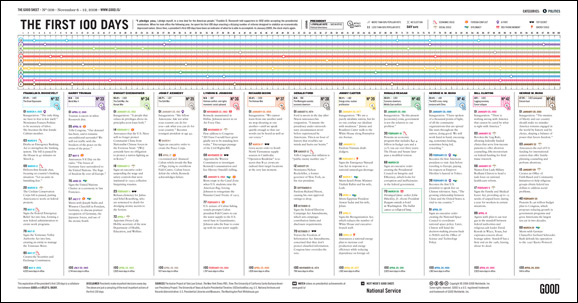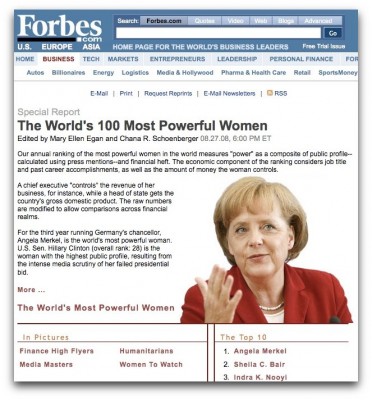Today I came across this political post on Facebook:
Cui fidem, fidem
Da hat der niederländische Journalist Rob Savelberg die neu-und-alt-Kanzlerin Merkel aber ganz schön aus dem Konzept gebracht:
Natürlich ist das löblich, löblich, dass Merkel ihrem zukünftigen Kabinett voll und ganz vertraut. Hunderttausend deutsche Mark zu vergessen, kann schließlich jedem einmal passieren. Andererseits entbehrt es nicht einiger Ironie, dass ausgerechnet der scheinbar unter selektiver Amnesie in Finanzfragen leidende Schäuble zum Finanzminister ernannt wurde. Bleibt nur zu hoffen, dass er bei den Finanzen von 83 Millionen Deutschen nicht ab und an mal eine Milliarde vergisst. Und falls doch, müssen wir ihm eben noch ein bisschen mehr Vertrauensvorschuss gewähren -- schließlich hat sich Schäuble schon als Innenminister wichtige Vertrauenspunkte im Kampf gegen den Bürger gesichert, und mit seiner süßen Schäublone für immer einen Platz in unseren Herzen gewonnen.
PS: Cui fidem, fidem, heißt "Vertrauen, wem Vertrauen gebührt".
100 First Presidential Days
A "GOOD" poster illustrating the first 100 days of the presidency of every American president since Franklin D. Roosevelt. (It's CC by-nc-sa licensed, awesome).
I like what different ideals are expressed by the inauguration speeches, and all the details, such as the popular vote.
By the way, if you are fast enough, allegedly this can be bought at Starbucks up until today.
(via Jason Kottke)
Alaska Inquiry Concludes Palin Abused Powers
The New York Times write, Gov. Palin of Alaska abused her powers to get her former brother-in-law fired:
A 263-page report released Friday by lawmakers in Alaska found that Ms. Palin, the Republican vice-presidential nominee, had herself exerted pressure to get Trooper Michael Wooten dismissed, as well as allowed her husband and subordinates to press for his firing (...) Further, it says, she “knowingly permitted a situation to continue where impermissible pressure was placed on several subordinates in order to advance a personal agenda.”
That raises one question for me: What would she do in the West Wing, if, say, she saw a way to advance her family's careers by using a bit of her power? Or if there was a way to give homeland Alaska preferential treatment over the other 49 states?
One thing is true about German politicians: If they do don't care much about their work ethics at home, they do not turn into model citizens either once they go to Berlin. I doubt that it's any different when you fly from Alaska to D.C...
German Chancellor "Most Powerful Woman"
Forbes has an interesting list of "the world's 100 most powerful women". Number one on the list is:
German chancellor Angela Merkel.
I am really glad to see that. When she first came to power, it was not at all clear how well she would handle her job as a chancellor, between parties that couldn't disagree more on lots of key issues, and on an international stage that has shown to be more complicated to deal with than ever. And while she had proven her determination for power for decades before, as she stepped out of the shadow of former chancellor Helmut Kohl (whose protégé she once was) and established her own political reputation, that of course didn't guarantee her success once she actually made it into office.
Since then, Merkel has done (almost) surprisingly well, both in interior politics as well as internationally, and has, in my opinion, proven to be a good leader of one of the strongest economies in the world.
That being said, Germany still has a long way to go in equal opportunity for women: The wage gaps between male and female employees in Germany are still among the widest in Europe. We'll see how efforts like Elterngeld will affect this. Still, having a woman chancellor doesn't magically solve all your social problems, just in case you were wondering...
- 1


